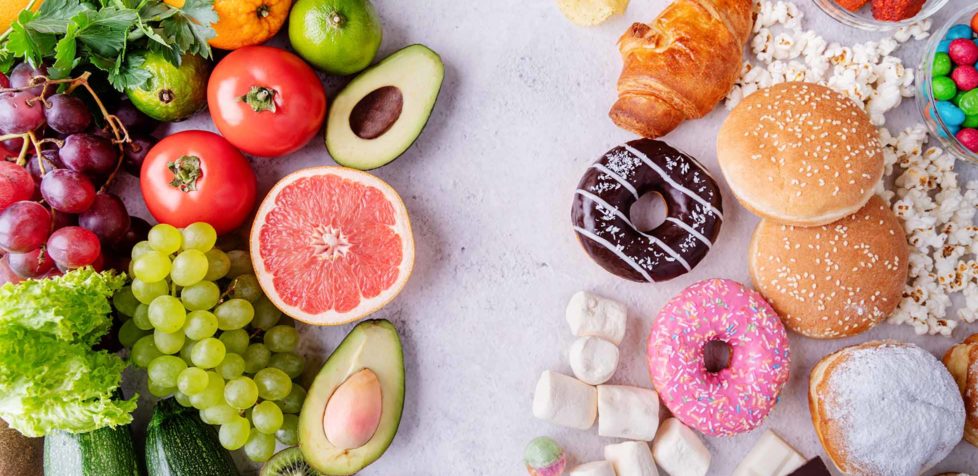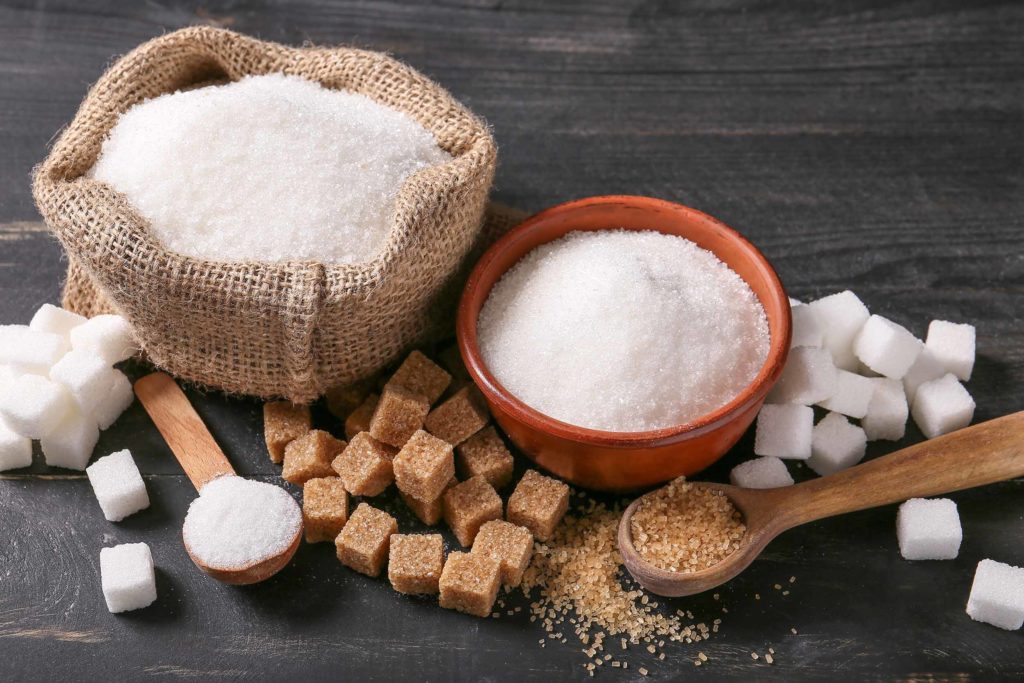Is All Sugar Bad, and What’s the Significance of “No Added Sugar”?

If we tell you to not consume too much sugar, it’s not going to be a controversial statement. Just about everyone knows that excess sugar can lead to all sorts of problems, including:
- Diabetes
- Heart disease
- Certain cancers
Given that, it’s easy to assume that avoiding extra sugar in your diet means you should avoid any foods that contains sugar, right? But is that really the case?
As it turns out, not all sugars are made alike, just as no two foods are made alike. Here’s what you’ll need to know if you want to navigate the world of dietary sugar.
Sugar: Is There a Problem with Sweetness?
First, a caveat: your personal health decisions are between you and your health care professional. Everyone’s body is different, and may even have different reactions to different foods.
But it is important to understand that added sugar is potentially a big problem. We all know what sugar does to us: it moves quickly to the bloodstream, where the body quickly moves to remove it and re-balance blood sugar to healthy levels. The process of removing the blood sugar, however, requires the secretion of insulin from the pancreas. This may be why so many people link excess sugar consumption with diabetes, a disease of insulin dysregulation.
In other words, too much sugar in your system on a regular basis can be harmful to your body.
But that isn’t to say that all sweet foods will be harmful to your body.
Said one analysis: “sugar content should not be the sole determinant of a healthy diet.” What’s important is for everyone to understand the context of their foods, and what effects those foods can have on the body.
What is the Significance of “No Added Sugar”?
Consider the difference between an apple…and an apple pie. Which one’s healthier for you? Most people intuitively know it’s the apple. But why?
Let’s start by acknowledging that some natural, healthy foods contain sugar. It’s not an oxymoron. So what’s going on here? If sugar isn’t good for you, why is, say, eating an apple healthy?

It gets back to the concept of added sugar.
Let’s take a look at the glycemic index for a moment. (If you don’t know, the glycemic index is a table that rates the impact of a particular food on blood sugar).
An added-sugar food product like a chocolate chip cookie has a glycemic index of about 53—and that’s low, relative to consuming pure glucose.
But if you take a relatively low-sugar fruit, keep it free from added sugar, and consume it? It’s even lower; about 36.
Any time you add sugar to food, you further process and separate it from its natural state. Even more obvious: you add to the overall sugar load of the entire food, giving your body even more work to do.
Is All Sugar Bad?
Saying all sugar is bad is like saying that all fat is bad. What’s important is that you make conscious health decisions about what you choose to put in your body. If that includes avoiding added sugars, that can be a valid choice for reducing the role of sweetness in your diet. But it also means discovering healthy sources of sweetness that your body can process just fine.

What Can You Do?
The easiest answer is that it’s best to seek out natural foods—foods that nature intended us to eat. The same applies to fruit juices. Avoid added sugar and maximum processing. It changes the effect fruit juice can have on you, even if it’s packed with vitamins.
Here at AMARUMAYU, we use superfruits that are sustainably wild-harvested from the Amazon Rainforest. There are no added preservatives, and no added sugar. It’s a more whole foods approach to getting superfruit nutrition into your diet—without the complication of added sugar.
Need some inspiration for naturally sweetened recipes?
Check out our YouTube video featuring AMARUMAYU’s Delicious Brunch Recipes!
